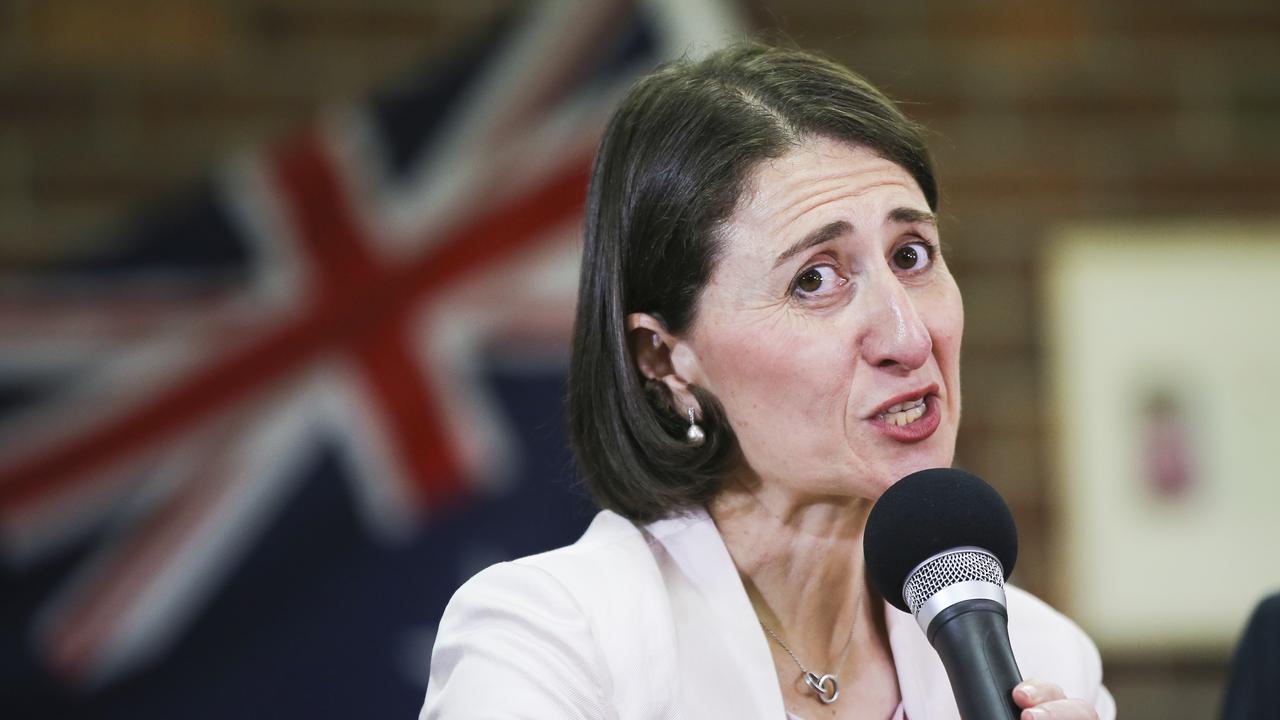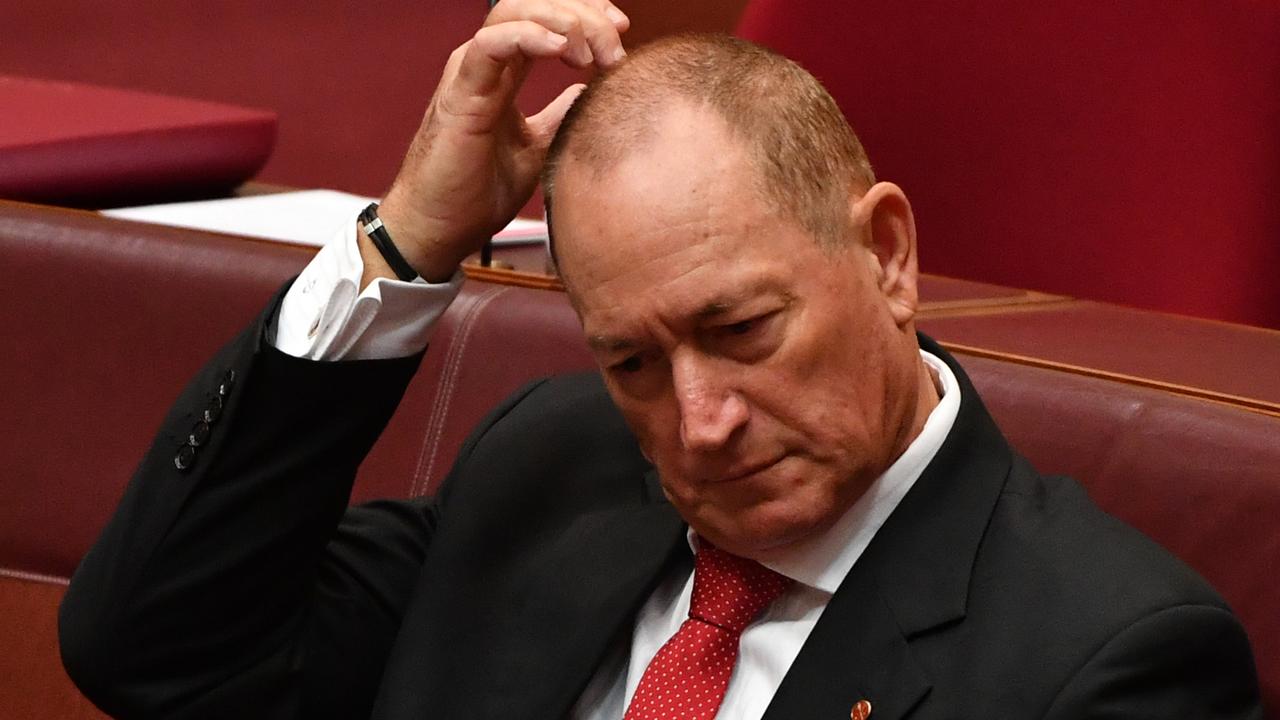
The cavalcade of identity confusion continues in the federal parliament with Labor backbencher Justine Keay announcing today she would refer her case to the High Court. Despite taking steps to renounce her British citizenship prior to nominating, the Tasmanian MP was a British citizen on the date of the election.
In the ugly partisan to and fro bargaining between the Prime Minister and the Opposition Leader over what is to be done to bring this crisis of confidence in the parliament to an end, what is being offered from both sides is little more than a protection racket for those of their number who are still hiding under rocks.
Apparently the answer, rather like a good shampoo and conditioner, is to rinse and repeat.
For the many Australians who have not seriously considered a run at the federal parliament, it will be instructive to learn that the nomination form issued by the Australian Electoral Commission for all candidates to the federal parliament features a word-for-word reproduction of Section 44 of the Australian Constitution.
It’s not in small print somewhere down the back, along with grave warnings that should one be elected to the federal parliament, a candidate can kiss their families goodbye once and for all and may as well immediately commence proceedings in the Family Court for limited custody of the children.
No. It’s right there on the front page.
On the second page of the nomination form is a space for the old John Hancock where the nominee declares, among other things, that she or he is “Qualified under the Constitution and the laws of the Commonwealth to be elected as a Member of the House of Representatives”.
In other words, the nomination form is a statutory declaration and completing it falsely comes with penalties, including a year long holiday at Her Majesty’s expense.
The best our parliament and its race of super geniuses at its pointy end can muster by way of a circuit breaker is to have MPs sign another statutory declaration just like the one they had already signed and fling it in the direction of the Members’ Register of Interests.
As anyone who has had even a passing interest in the conduct of the parliament in the last 20 years would know, the Register of Interests is what our bureaucrats like to call a subjective document.
Years ago, it actually meant something. Not now.
“I received a stuffed, jewel-encrusted elephant from the King of Swaziland and a light aircraft from a Gold Coast property developer ten years ago and I am only getting around to updating it now because the media has been sniffing around” or, “My share portfolio looks like the Sultan of Brunei’s what with all those government contracts. Boy, is my face red,” or, “Yes, I have a few bob stashed away in the British Virgin Islands I neglected to mention but isn’t that why we put erasers on pencils?”
In other words, an MP’s register of interests is a kind of opt-in, opt-out device that MPs can amend in the fullness of time or when they get around to it whichever happens last. On the rare occasions they get pulled up in the media, the wagons circle and nothing actually happens. No censure, no fine, nothing.
I’ve been watching journalist Hugh Riminton at Channel 10 have several cracks at LNP Queensland senator Barry O’Sullivan. To his credit, the senator has painstakingly completed his register of interests and updated it last in September of this year. Riminton has reported that a number of companies of which the senator is a shareholder may have been beneficiaries of commonwealth spending which raises questions, not of dual citizenship and S.44 (i) but s.44 (v) of the Australian Constitution which states any MP “who has any direct or indirect pecuniary interest with the Public Service of the Commonwealth ...” is ineligible to be a member of parliament. It is essentially an anti-corruption measure.
There may well be a perfectly good explanation but we are yet to hear it. Senator O’Sullivan made a brief statement to the Senate in August and said he would decline to answer any further questions on the subject and true to his word, has remained tight lipped ever since.
When the subject was raised with the Prime Minister, Malcolm Turnbull dismissed it with a pinky finger flutter. “If Mr Riminton wants to commence proceedings against Senator O’Sullivan he’s free to do so, I’m sure.”
In the case of Justine Keay and perhaps a few others in the coming days, the High Court will be called on again, but this time to determine how renunciation of foreign or dual citizenship is defined and when it took place. Was it when the document was received by the foreign power with the payment attached or when its bureaucratic wheels turned to the point of issuing the confirmation of renunciation?
Far be it for me to don the horsehair wig and take a seat in front of the fake bookcase to hand down a verdict, but in my humble opinion the question begins and ends with did the candidate and now MP complete their nomination form correctly? On the available evidence the answer is no.
So there we have it. The greatest error an MP can make is to do the right thing, come forward, admit some mistake or uncertainty and self-refer. The others, clinging to a defence of silence or political camouflage, remain protected.







To join the conversation, please log in. Don't have an account? Register
Join the conversation, you are commenting as Logout